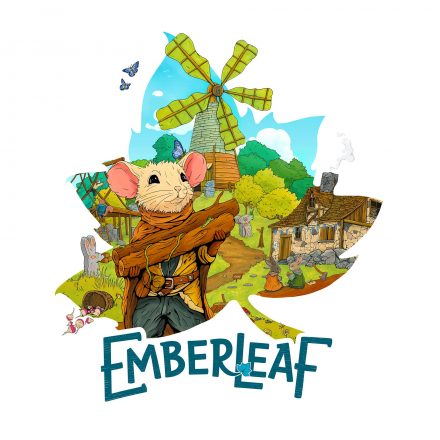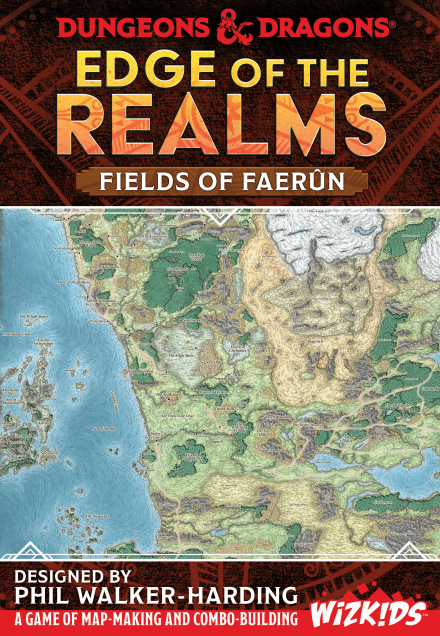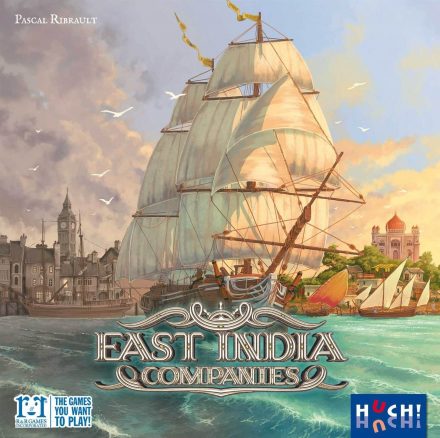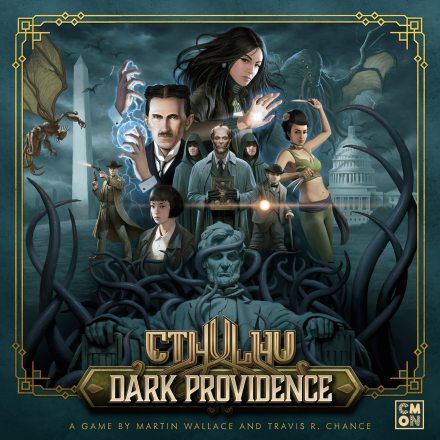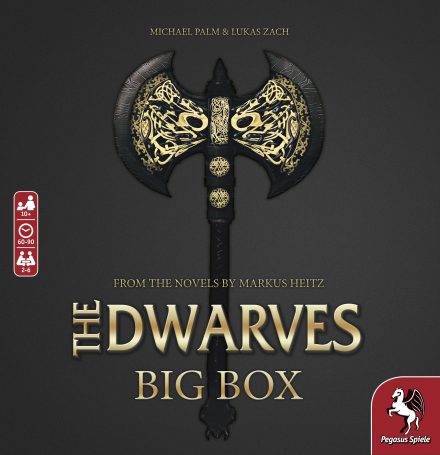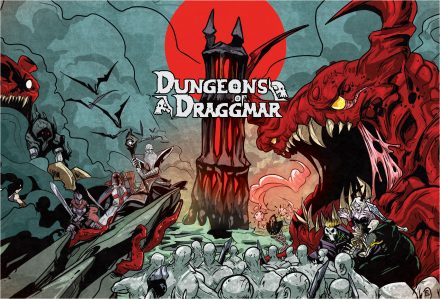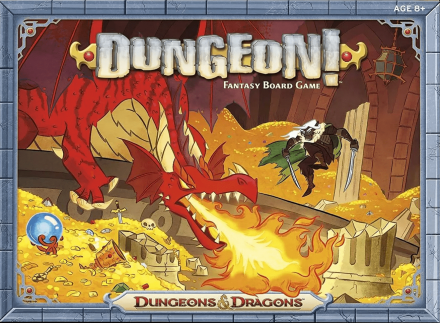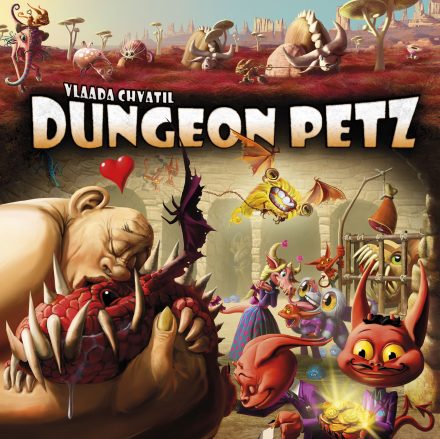In Enchanted Plumes, players strive to complete magical peacocks by assembling plumes in sparkling rows from top to bottom.
Skillfully placing feather cards of the same color from row to row is key, as the top row value will count against your score, while all lower rows count as positive values.
Once the peahen card is revealed, the player with the most valuable plumes wins the game and is bestowed with the luck of the peacock!
Game Mechanics:
Game Specifications:
- 2 – 6 Players
- 20 – 40 Minutes
- Difficulty Weight 1.38


